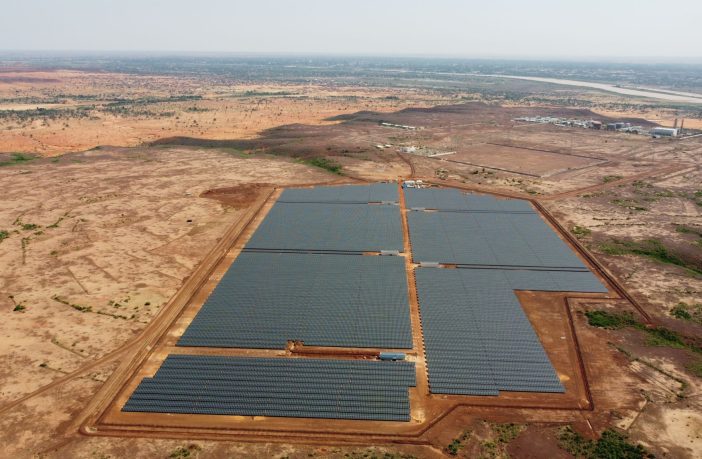- Niger’s electricity company (Nigelec) has commissioned a 30MW solar PV plant despite the coup in the country.
- The plant is expected to offset major shortages since Nigeria stopped supplying electricity to Niger in response to the July coup.
A French consortium made up of Akuo and Sagecom developed the project which originally had plans for 50MW capacity. The plant was due to be operational on 25 August, but its commissioning was delayed by the departure from Niger of “most of the technical staff” expatriated after the military coup of 26 July, he said.
The capex on the project is 30.4 million euros and was financed by a loan from the French Development Agency and the European Union plus the Niger government. Occupying an area of 27 hectares on the Gorou Banda plateau the plant will supply electricity to nearly 500,000 people in the Niamey region.
For the past four months, almost all the districts of Niamey have been suffering from major power cuts, as Nigeria stopped supplying Niger as part of the sanctions imposed in response to the coup d’état by the Economic Community of West African States (ECOWAS), led by Nigerian President Bola Tinubu.
Before the coup, Nigeria supplied 70% of the electricity purchased by Nigelec. Niger’s total generation capacity is 322MW which is largely made up of gas power (265MW).
Niger has set a goal of universal electricity access by 2035. The country has taken some critical steps to improve energy markets by creating a regulatory body, Autorité de Regulation du Secteur de l’Energie (ARSE), to increase transparency and fair competition among numerous energy actors.
The Government also created Agence Nigérienne de Promotion de l’Electrification en milieu Rural (ANPER), which is mandated to design, implement, and monitor rural electrification programs throughout the country. Other reforms include a joint Ministerial order that eliminates taxes on domestic solar energy production kits and wind generation equipment to enable a larger number of households to access electricity, a new electricity act that will authorize the establishment of independent power producers (IPPs), and ongoing work with consultants and the African Legal Support Facility to bolster the legal and regulatory framework for mini grids. Issues with technical capacity and utility creditworthiness persist according to USAID.
Author: Bryan Groenendaal















